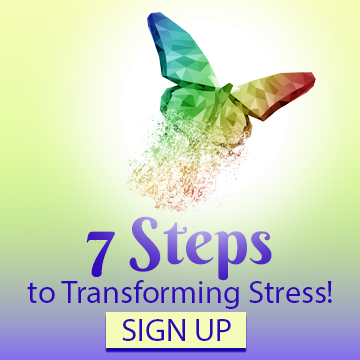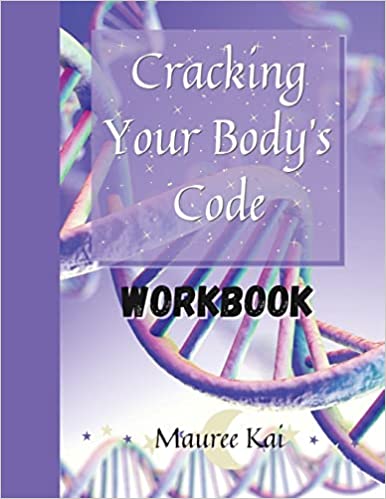Stress is a commonly used term to broadly describe an uncomfortable feeling. It is often caused by feeling under a lot of pressure, facing major changes, constant worrying, lacking control over a situation, trying to shoulder overwhelming responsibilities, and facing times of uncertainty. It is the result of reacting to a situation, challenge, or demand upon the self. Stress is broadly defined as any type of change that causes physical, psychological, or emotional strain. This sensation can stem from an event, a thought, or just meeting the demands of your day in a manner that leaves you feeling frustrated, angry, nervous, or depressed.
You can strive to avoid stressors in your life to escape the discomfort of the stress response, but there is often a cost from avoiding stress. Studies have shown that trying to avoid stress in your life can cost you missed opportunities for growth, lack of healthy coping strategies, and perhaps even limiting the potential for deep, intimate relationships.
Some physical signs of stress may include:
- Aches and pains.
- Chest pain or a feeling like your heart is racing.
- Exhaustion or trouble sleeping.
- Headaches, dizziness or shaking.
- High blood pressure.
- Muscle tension or jaw clenching.
- Stomach or digestive problems.
Some psychological and emotional signs of stress may include:
- Depression or anxiety.
- Anger, irritability, or restlessness.
- Feeling overwhelmed, unmotivated, or unfocused.
- Trouble sleeping or sleeping too much.
- Racing thoughts or constant worry.
- Problems with your memory or concentration.
- Making bad decisions.
Chronic stress over a long period of time can not only contribute to long term problems for heart and blood vessels, but weaken the immune system as well, leaving you more vulnerable to a host of infections and illnesses.
So, if avoiding stress in not the best option and experiencing stress causes so much physical and psychological pain and discomfort, what is the solution?
The first step is to change the way you think about stress. By shifting your mindset you can alter your physical response to the trigger(s). Instead of always being in a reactive state, you can begin to take a step back and choose a response that makes you feel better physically and psychologically.
Second, you can learn to embrace stress. Adversity can make us stronger when we are open to change. You can learn how to apply your core strengths in order to better cope with stress and find the courage needed to grow into a better version of yourself.
Third, you can choose to find meaning in your everyday stress. There is a stress paradox. High levels of stress are associated with both distress and well-being. Yet, on the upside, stress can propel you to greater engagement in your life, pursue bigger goals, and develop closer meaningful relationships.
Should you feel constantly stressed, you can keep doing what you are doing by following old habits, take medications to minimize physical discomfort, have that drink after work every evening, and lose yourself in television. Alternately, you can start embracing new choices. You can discover the positive side of stress and master ways to make it work for you to live a richer and more meaningful life with greater physical and psychological comfort. The decision is up to you.


